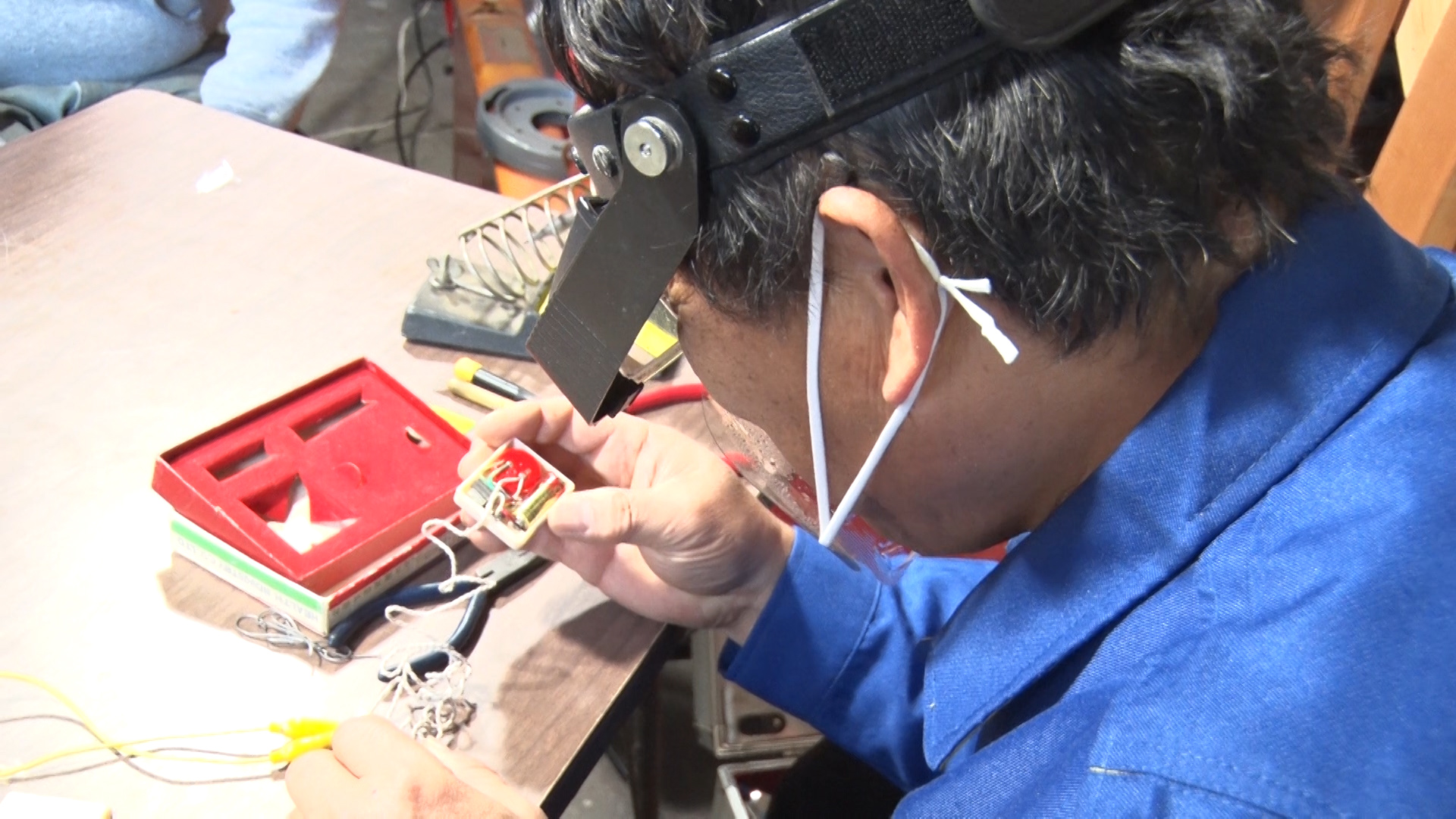The Ultimate Guide to Technical Interviewing
페이지 정보
작성자 Rhea 댓글 0건 조회 2회 작성일 25-10-25 02:55본문
Conducting effective technical interviews requires more than just asking candidates to solve coding problems on a whiteboard — it’s about understanding their thought process, problem solving skills, and ability to communicate under pressure.

First, outline the core responsibilities and the exact technical proficiencies the role demands. This ensures your questions mirror actual daily tasks and project demands.
Prepare a balanced set of questions that cover fundamentals, practical application, and system design. Skip theoretical edge cases with little practical relevance. Center questions around problem-solving, code inspection, and tool fluency relevant to your engineering team.
Give space for them to request details about scope or constraints. Candidates who pause to clarify demonstrate thoughtful preparation and methodical reasoning.
Ask them to verbalize their approach as they work. You gain clarity on their cognitive process, not merely the final result. Resist the urge to jump in unless silence exceeds a reasonable duration. Let them catch their own errors before stepping in.
Include a collaborative coding component. Observe their coding rhythm, style choices, and iteration habits. Evaluate how cleanly they write, how intuitively they name variables, and whether they account for boundary conditions. Demonstrating adaptability and humility in code is more valuable than flawless syntax.
Don’t forget behavioral questions. Technical skills matter, 家電 修理 but so does teamwork, communication, and how they handle challenges. Ask about past projects, conflicts resolved, or times they had to learn something quickly. It reveals whether they’ll align with your team’s values and evolve with your needs.
Give candidates time to ask questions too. The depth of their inquiries reflects engagement and genuine interest. CD pipeline or onboarding process shows authentic investment.
After the interview, take detailed notes while the conversation is still fresh. Avoid letting first impressions or biases influence your judgment. Compare candidates using the same criteria so the process stays fair and consistent. Bring in peers, leads, or cross-functional partners. Collaborative review surfaces strengths and gaps no single interviewer might catch.
Technical interviews should never feel like an exam. They’re about creating a realistic simulation of the work environment and seeing how the candidate thinks, learns, and collaborates. When done right, they help you find not just skilled developers, but the right people for your team.
댓글목록
등록된 댓글이 없습니다.





 전체상품검색
전체상품검색




